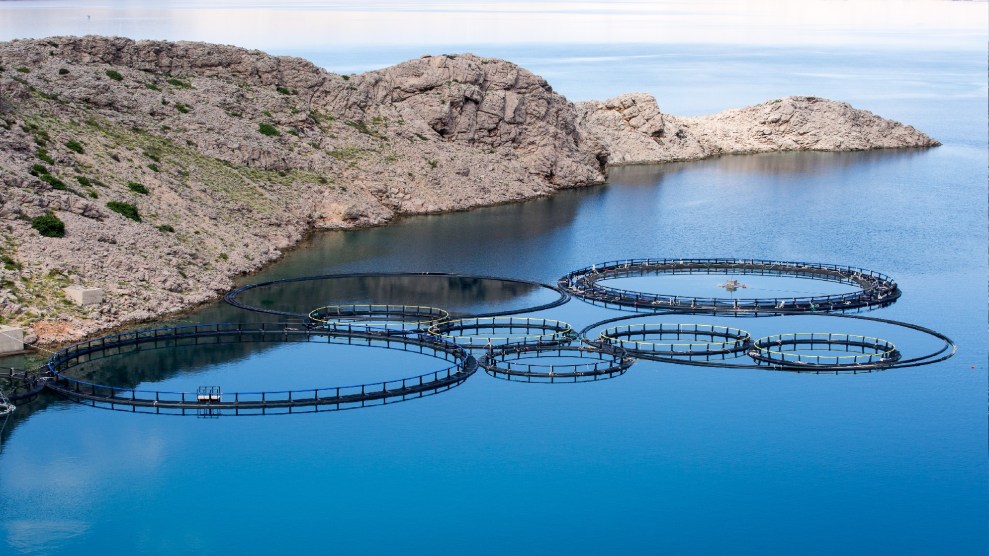
Two steps taken this week to combat global warming, IMO, are not all that.
For one, the EPA relaxed emissions standards yesterday for corn milling plants that make ethanol fuel. Ethanol might just be “the biggest greenwash ever,” as Tom Philpott blogged at Grist. Without huge long-term subsidies and government intervention, “no market for corn ethanol would exist.” “If ethanol delivers any net energy gain at all over petroleum gasoline, it’s razor thin.” Bill McKibben writes, “By the time you’ve driven your tractor to tend the fields, and your truck to carry the crop to the refinery, and powered your refinery, the best-case ‘energy output-to-input ratio’ is something like 1.34-to-1. You’ve spent 100 Btu of fossil energy to get 134 Btu.” Hardly impressive, “compared to the ratio for oil, which ranges from 30-to-1 to 200-to-1, depending on where you drill it.” The best that can be said for ethanol as fuel is that it “gives the farmers something to do.” Unfortunately, it’s not the little farmers but the industrial farmers, some as big as Cargill, that get most of the subsidies.
Two, Australia vowed today to set up a national system of carbon trading by 2010. A cap-and-trading system is a lousy second-best to taxing emissions, which would also stimulate technological innovation. The best that can be said for cap-and-trading is that it’s experimental. The EU is running that experiment, and so far hasn’t worked. Actually, the system collapsed. So many carbon credits were doled out that they when people discovered that supply outstripped the demand, the market crashed. “The ETS [emissions-trading-scheme] has had a rough ride. Nations have issued more permits to pollute than required in the first phase, which runs until the end of 2007. This has resulted in carbon prices falling as low as eight euros (£5) per tonne. This means that it has been cheaper for firms to buy spare permits than pay the 40-euro fine, or take steps to reduce their emissions,” reported the BBC in December. There are simpler effective means for tackling climate change, for one, shifting subsidies away from fossil fuels. Gore has faith that a cap-and-trading system would create economic incentives for technological innovation. It’s worth experimenting with while keeping the pitfalls and alternatives in mind.















